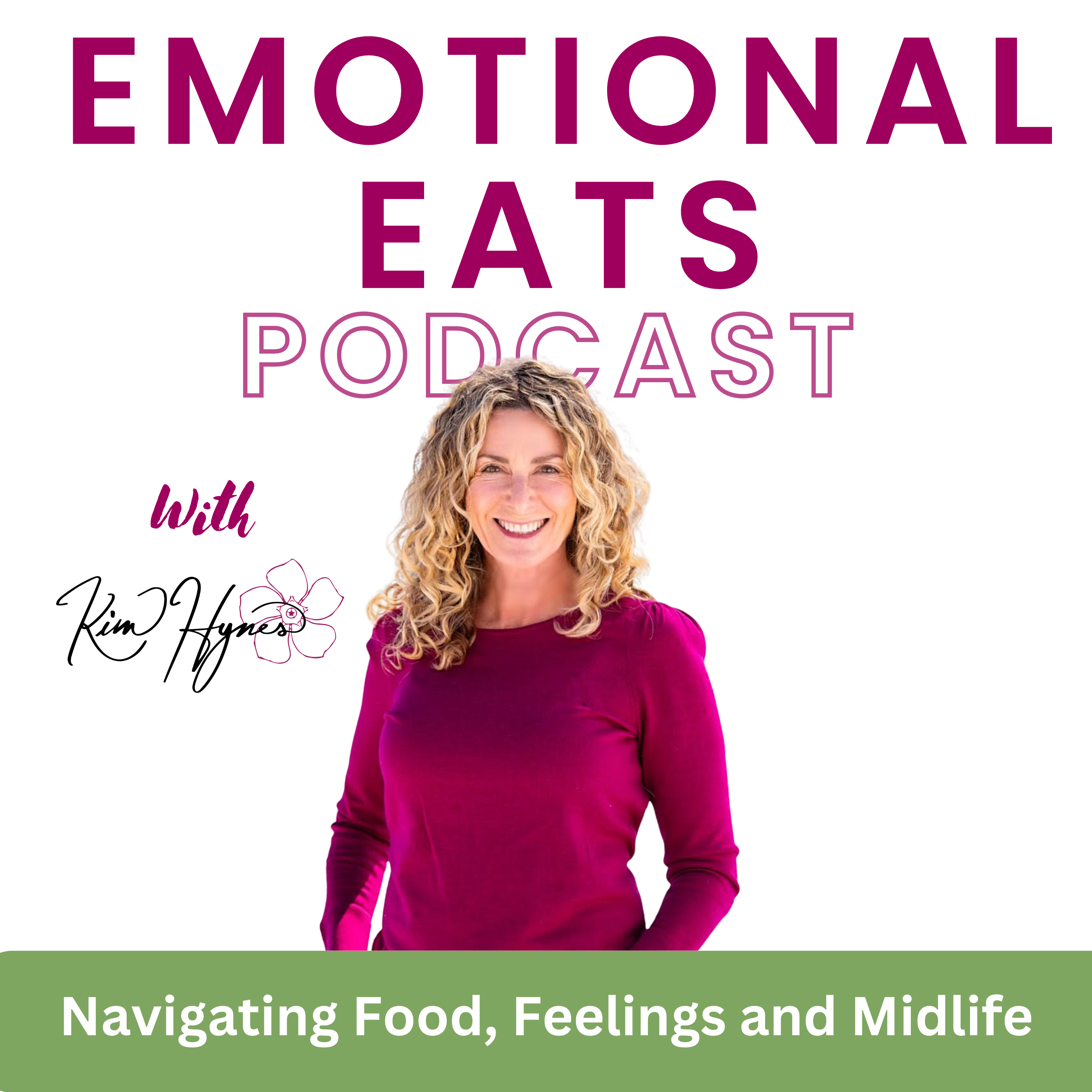

63. Functional Medicine for Women’s Health: Autoimmune, PCOS, Perimenopause, Hormones and Nutrition
Dr. Jay Wrigley discusses his journey into functional medicine, focusing on women's hormonal health. He explains how his experiences working in hospitals and traveling in Southeast Asia shaped his approach to combining Western medical education with holistic practices.
Dr. Wrigley provides an overview of autoimmune disorders, describing them as conditions where the immune system attacks healthy tissue. He emphasizes the connection between gut health and autoimmune issues, explaining how intestinal permeability can trigger immune responses.
The interview covers hormonal changes during perimenopause and menopause, detailing how shifts in estrogen, progesterone, and testosterone levels affect women's health and metabolism. Dr. Wrigley discusses the challenges of weight management during this time and the importance of balancing hormones.
Nutrition is a key topic, with Dr. Wrigley advocating for a diet high in protein and low in carbohydrates for perimenopausal and menopausal women. He recommends specific foods like cruciferous vegetables, berries, and high-quality animal proteins. The doctor also addresses concerns about anti-nutrients in plants and the benefits of cooking certain vegetables.
Dr. Jay shares specific tips around nutrition and lifestyle tips to help you feel better with symptoms and in your body throughout perimenopause all the way into the postmenopausal stage.
Highlights:
Hormonal balance, autoimmune disorders, and thyroid function. (4:36)
Gut health and autoimmune disorders, including PCOS. (12:11)
Hormonal changes in women during perimenopause and menopause, including estrogen and progesterone levels, and the impact (28:38)
Diet and hormonal changes during perimenopause and menopause, with a focus on protein intake. (36:20)
Healthy eating for women, including carbohydrate intake, protein sources, and cooking methods for cruciferous vegetables (42:54)
Anti-nutrients in plant-based foods and their impact on gut health and nutrient absorption. (48:45)
Personalized nutrition and the importance of finding one's "N equals one" diet. (53:48)
Exercise and fitness, including strength training and cardio. (1:01:00)
Nutritional supplementation for health. (1:07:38)
Connect with Dr. Jay Wrigley for health, hormones and happiness here:
Twitter: @hormonedietdoc
Instagram: https://www.instagram.com/hormonedietdoc
Website: Dr. Jay Wrigley (drjaywrigley.com)
Email: [email protected]
Go to www.kimhynes.com/podcast Episode 31 for Dr. Jay’s previous episode.
Connect with Kim:
https://www.instagram.com/kimhyneshealth
If you like the Emotional Eats podcast, please subscribe/follow and give us a 5 star rating and review and tag us on social media. I would be so grateful.
Want to know how to work with me? Sign up for your free 30 minute consultation. Click here to schedule.

63. Functional Medicine for Women’s Health: Autoimmune, PCOS, Perimenopause, Hormones and Nutrition
Dr. Jay Wrigley discusses his journey into functional medicine, focusing on women's hormonal health. He explains how his experiences working in hospitals and traveling in Southeast Asia shaped his approach to combining Western medical education with holistic practices.
Dr. Wrigley provides an overview of autoimmune disorders, describing them as conditions where the immune system attacks healthy tissue. He emphasizes the connection between gut health and autoimmune issues, explaining how intestinal permeability can trigger immune responses.
The interview covers hormonal changes during perimenopause and menopause, detailing how shifts in estrogen, progesterone, and testosterone levels affect women's health and metabolism. Dr. Wrigley discusses the challenges of weight management during this time and the importance of balancing hormones.
Nutrition is a key topic, with Dr. Wrigley advocating for a diet high in protein and low in carbohydrates for perimenopausal and menopausal women. He recommends specific foods like cruciferous vegetables, berries, and high-quality animal proteins. The doctor also addresses concerns about anti-nutrients in plants and the benefits of cooking certain vegetables.
Dr. Jay shares specific tips around nutrition and lifestyle tips to help you feel better with symptoms and in your body throughout perimenopause all the way into the postmenopausal stage.
Highlights:
Hormonal balance, autoimmune disorders, and thyroid function. (4:36)
Gut health and autoimmune disorders, including PCOS. (12:11)
Hormonal changes in women during perimenopause and menopause, including estrogen and progesterone levels, and the impact (28:38)
Diet and hormonal changes during perimenopause and menopause, with a focus on protein intake. (36:20)
Healthy eating for women, including carbohydrate intake, protein sources, and cooking methods for cruciferous vegetables (42:54)
Anti-nutrients in plant-based foods and their impact on gut health and nutrient absorption. (48:45)
Personalized nutrition and the importance of finding one's "N equals one" diet. (53:48)
Exercise and fitness, including strength training and cardio. (1:01:00)
Nutritional supplementation for health. (1:07:38)
Connect with Dr. Jay Wrigley for health, hormones and happiness here:
Twitter: @hormonedietdoc
Instagram: https://www.instagram.com/hormonedietdoc
Website: Dr. Jay Wrigley (drjaywrigley.com)
Email: [email protected]
Go to www.kimhynes.com/podcast Episode 31 for Dr. Jay’s previous episode.
Connect with Kim:
https://www.instagram.com/kimhyneshealth
If you like the Emotional Eats podcast, please subscribe/follow and give us a 5 star rating and review and tag us on social media. I would be so grateful.
Want to know how to work with me? Sign up for your free 30 minute consultation. Click here to schedule.
Copyright 2025 Kim Hynes. All rights reserved
Terms and Conditions
Privacy Policy
